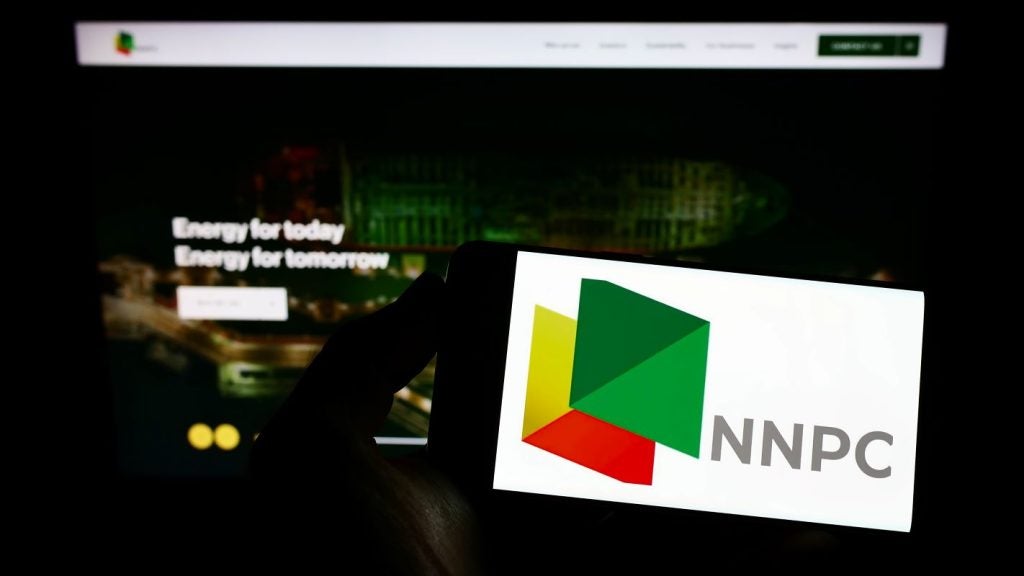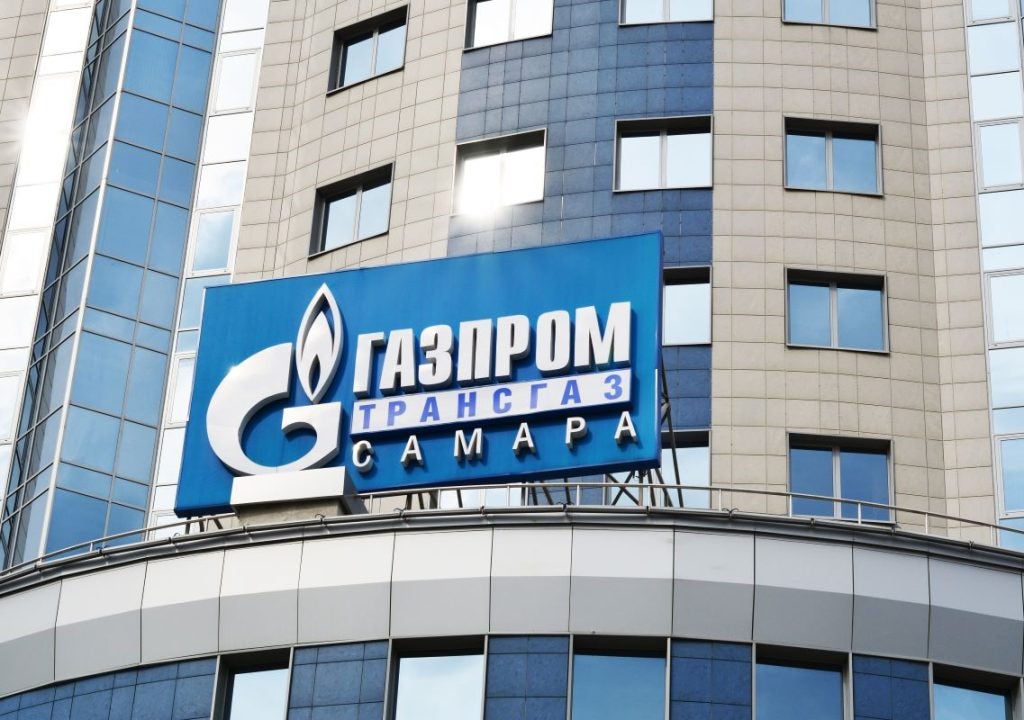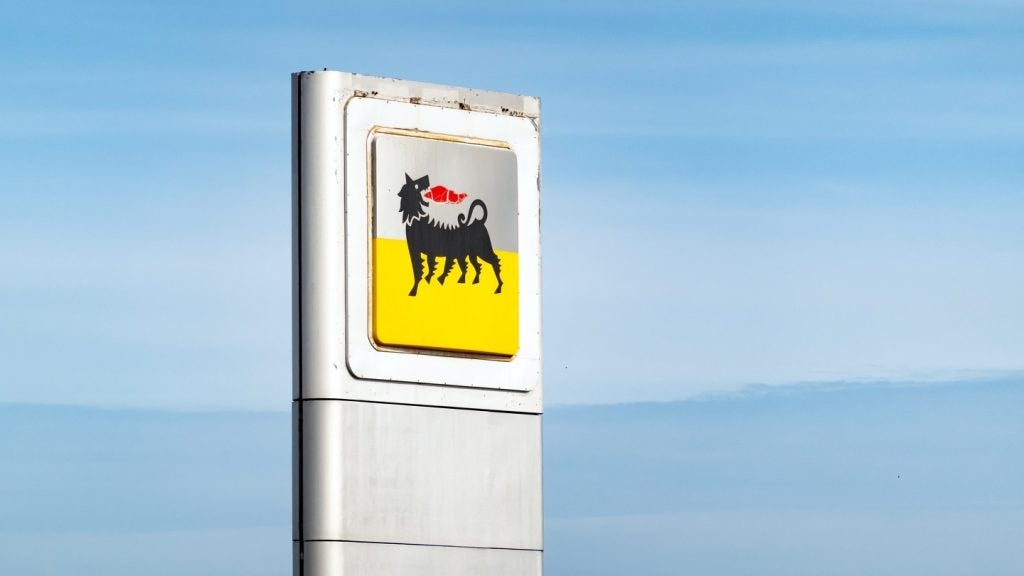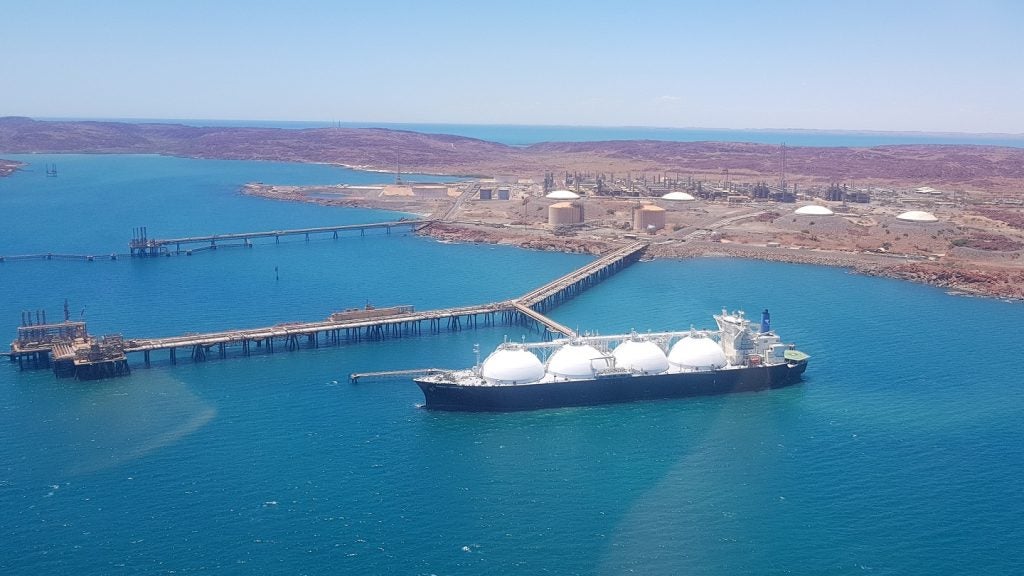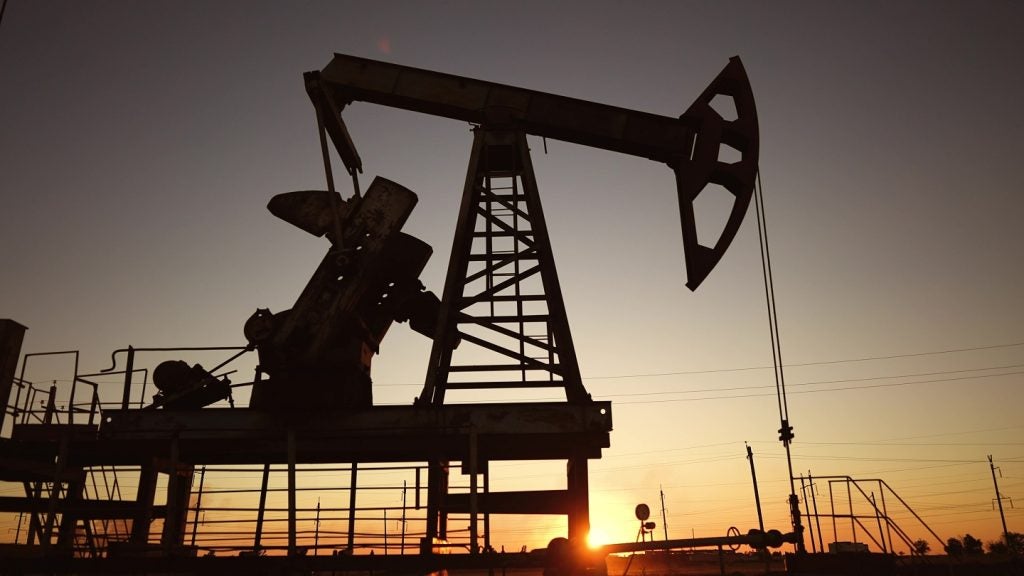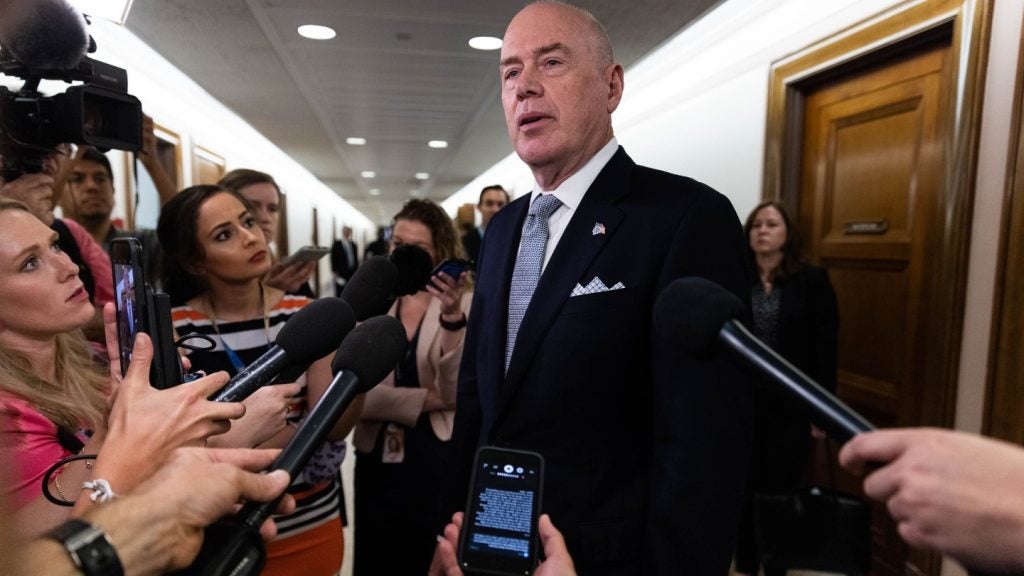The Nigerian National Petroleum Corporation (NNPC) has publicly refuted claims that it has not passed on revenues to the 36 states that form the nation’s federation since January, and has a $6.8bn debt to international oil traders.
Reports in several media outlets have indicated that the NNPC has not transferred funds to the federation account due to its debt commitments following President Tinubu's decision to eliminate fuel subsidies.
“In the oil trading business, transactions are carried out on credit, and so it is normal to owe at one point or the other. [However], NNPC, through its subsidiary, NNPC Trading, has many open trade credit lines from several traders,” said Olufemi Soneye, an NNPC spokesman posted on social media platform X on 18 August.
“The company is paying its obligations of related invoices on a first-in-first-out (FIFO) basis.”
NNPC states that the company and its subsidiaries consistently submit their taxes to the Federal Inland Revenue Service (FIRS). Additionally, they make corporate income tax (CIT) payments to road contractors under the Road Investment Tax Credit Scheme.
Overall, NNPC is the primary contributor to the monthly tax revenue distributed at the Federation Account Allocation Committee (FAAC), it added.
Soneye continued that the NPCC is “not averse to inquiries by the media into issues on and around its operations before dissemination to the public” and the company will always, gladly take the opportunities to state the facts.”
Last month, the FAAC paid N1.358tn ($854m) to the federal government, states, and local government councils, according to local business and financial news outlet Nairametrics.
The funds included N639.593bn in statutory revenue, N357.307bn from VAT, N18.818bn from the Electronic Money Transfer Levy, N170.710bn in exchange difference revenue and N13.647bn from solid minerals.
Nairametrics also noted significant increases in revenue streams such as oil and gas royalties and Petroleum Profit Tax, a tax charged on profits arising from oil and gas production from individual oil fields, last month.


